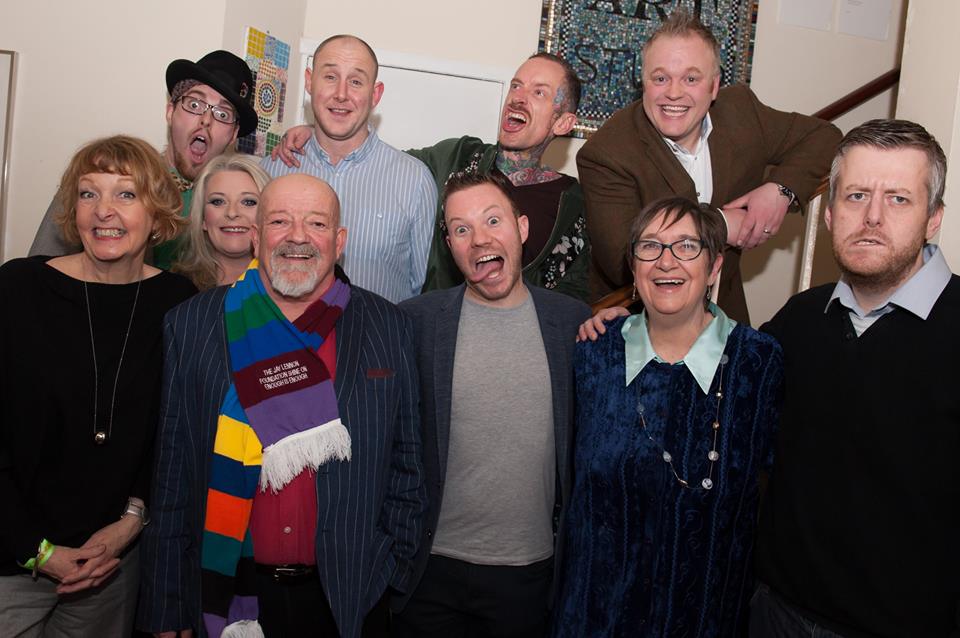In the summer of 2016, Hugh Shriane and Julia Naydene-Frances posted a response on social media to the sensationalist pictures published in the press of Paul Gascoigne. At the time, Gazza was being persecuted by the British Press and depicted as a pitiful drunk. We were of the opinion that he was a person in need of help and proper access to services where he could receive treatment.
Over the next 10 days, that post was shared 76,000 times around the world. If that wasn’t enough, we were completely inundated and swamped with some horrendous complaints regarding the state of the UK’s mental health care system. Many of these stories involved very sordid accounts of a failed system, far too many of which had resulted in potentially avoidable deaths.
No more tragic a case did we learn of than that of Jay Lennon Gascoigne. We never set out with the intention of launching the Enough is Enough campaign, but felt compelled to do so. The Jay Gascoigne Foundation is the exclusive financial beneficiary of the Enough is Enough Campaign.



The Enough is Enough Campaign, is dedicated to achieving real change in terms of
- Accountability
- Accessibility
- Simplicity
- Reform
- Immediate cessation of any closure of Mental Health Care beds.
- Repeal the Mental Health Act and replace it with an act of parliament that is fit for the 21st century. We have to stop reforming a piece of legislation that dates back to 1959 and has effectively been reformed only twice. It has been perpetually led by psychiatrists and lawyers, with very little effective input from the people who actually need these services. It offers little or nothing to the 90% of mental health patients who live in the community. Effectively, we need to change it into something that looks more like the Children Act. This would include statutory community assessments, adult protection laws, statutory reviews and above all, very clear accountability.
- In 1959 and before, people with either drug or alcohol dependency were treated as individuals with a legally recognised mental disorder. 1983, in the wake of community care, all of these individuals were taken out of the entitlement afforded to those suffering mental disorders as recognised in Section 1 of the 1959 Act. This is in direct opposition to the WHO (World Health Organisation) and has essentially made addiction a moral and self-determining phenomenon and not the metal disorder that it is.
- Merge NHS and Local Authority resources in accordance with agreements made 4 years ago.
- Suspend any further cuts to Metal Health Staff at every level.
- The present system is far too complex and disparate; we need a clear pathway that parents, carers and service users can navigate with ease.
“People with mental ill health get a raw deal. Too often, people suffer in silence, unable to get help. Many people […] are touched by mental ill health and the impact on families is sometimes overwhelming. Some of our communities suffer disproportionately. Tragically, too often people end up taking their own lives.” – Norman Lamb MP
